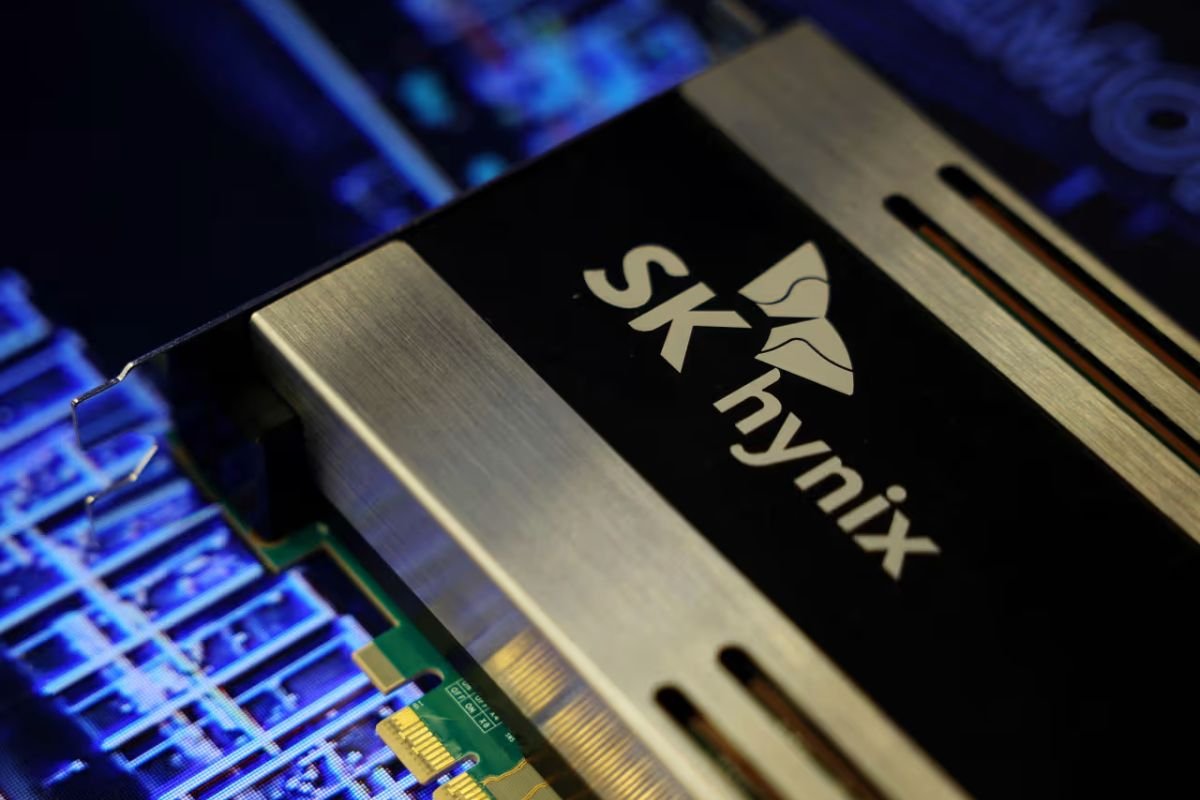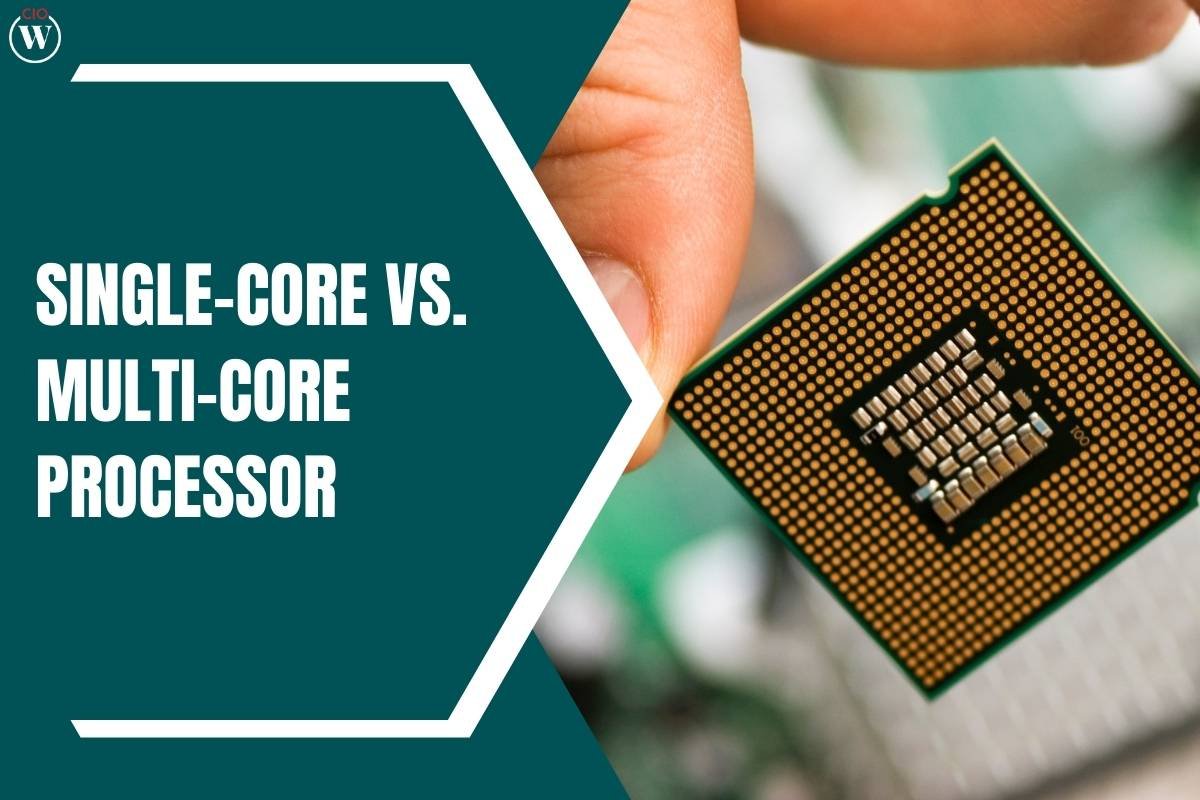Samsung’s Underwhelming Performance in AI Memory Race
Samsung Electronics Co., the world’s largest memory chip manufacturer, reported lower-than-expected earnings from its semiconductor division as it struggles to close the gap with rival SK Hynix Inc. in the high-bandwidth memory (HBM) market. Despite significant investments in research and operations, the company faces mounting pressure in the artificial intelligence (AI) sector.
Samsung’s capital expenditures in 2024 reached 53.6 trillion won ($37 billion), reflecting its commitment to enhancing its AI memory capabilities. However, it has only recently secured long-delayed approval from Nvidia Corp. for its 8-layer HBM3E chips, a less advanced version of the high-bandwidth memory that SK Hynix has been supplying. This approval allows Samsung to supply AI processors specifically designed for the Chinese market.
The South Korean tech giant’s semiconductor unit posted an operating profit of 2.9 trillion won for the December quarter, falling short of analysts’ projections. However, Samsung’s overall net income reached 7.58 trillion won, exceeding expectations, largely due to a boost from its network business. Despite this, the company’s stock fell by approximately 2.5% in Seoul’s first trading session after the Lunar New Year holiday. Meanwhile, SK Hynix shares dropped by as much as 12%, reflecting market concerns over the disruptive potential of low-cost AI models, such as DeepSeek’s, which could alter the landscape of data center and chip investments.
Strategic Shift and Challenges in AI Memory Market
Samsung is recalibrating its business strategy by reducing its reliance on traditional DRAM and NAND memory used in PCs and mobile devices. Instead, it is prioritizing high-margin markets such as server DRAM and HBM, where demand remains strong. Executives have emphasized the importance of increasing research and development spending, as well as expanding production capacity, to compete with SK Hynix and U.S.-based Micron Technology Inc.
However, challenges persist. Samsung’s foundry business remains weak, while demand for mobile and PC components remains sluggish. Additionally, the company’s consumer electronics division, which includes smartphones, televisions, and household appliances, continues to face intensified competition amid ongoing global economic uncertainties.
Investor confidence in Samsung’s ability to regain ground in the AI memory market remains shaky. The company has faced repeated delays in obtaining certification for its latest HBM products from Nvidia, allowing SK Hynix and Micron to establish a stronghold in the rapidly growing AI chip segment. To address these setbacks, Samsung has restructured its engineering team and is shifting its focus toward developing next-generation HBM4 chips, aiming to mass-produce them in the latter half of the year. Both Samsung and SK Hynix are vying to become Nvidia’s primary supplier for these advanced AI memory components.
Race Against Time as Rivals Strengthen Market Hold
Market analysts suggest that while Samsung has the potential to regain its competitive edge, the company is running out of time. “We still think that Samsung can right the ship eventually in its HBM business and boost the country’s equity market, but a lot will hinge on its ability to achieve genuine commercial breakthroughs with the leading fabless AI names,” said Homin Lee, a senior macro strategist at Lombard Odier. He further noted that Chinese competitors are quickly advancing in DDR5 memory despite existing export controls, posing additional risks to Samsung’s market share.
Meanwhile, SK Hynix continues to outpace Samsung in the AI memory market. Earlier this month, it posted record quarterly earnings, surpassing Samsung’s operating profit for the first time. The company revealed that HBM accounted for 40% of its overall DRAM revenue in the last quarter and expects its HBM sales to more than double this year. As SK Hynix solidifies its dominance in AI memory technology, Samsung’s ability to reclaim its leadership position remains uncertain.
Also read: 5 ways in which AI and Machine learning will change the future









